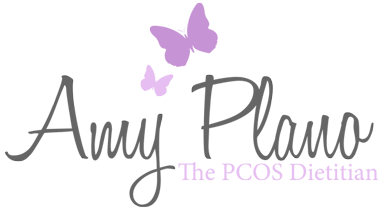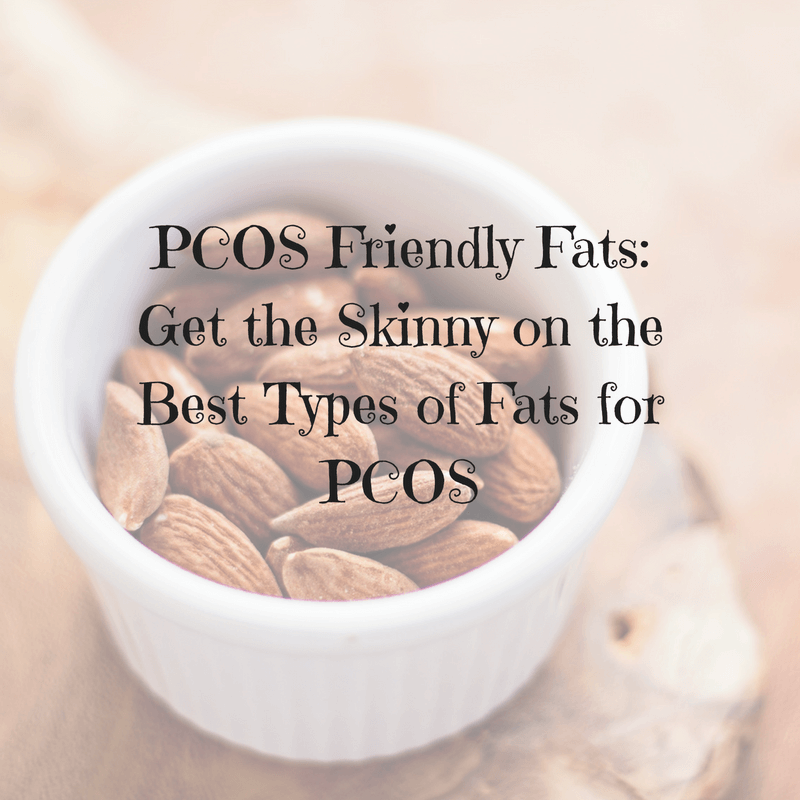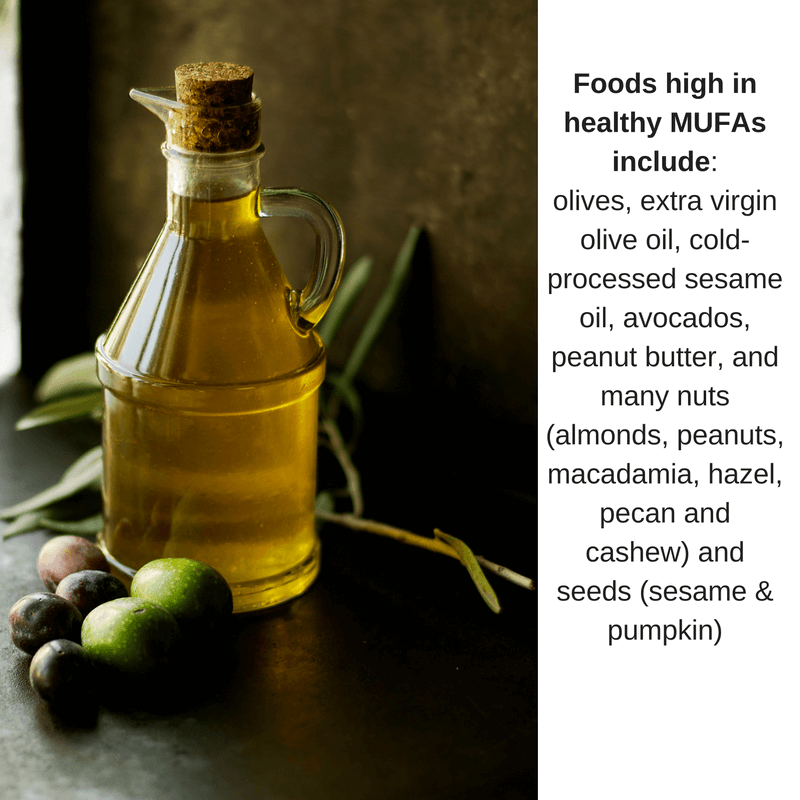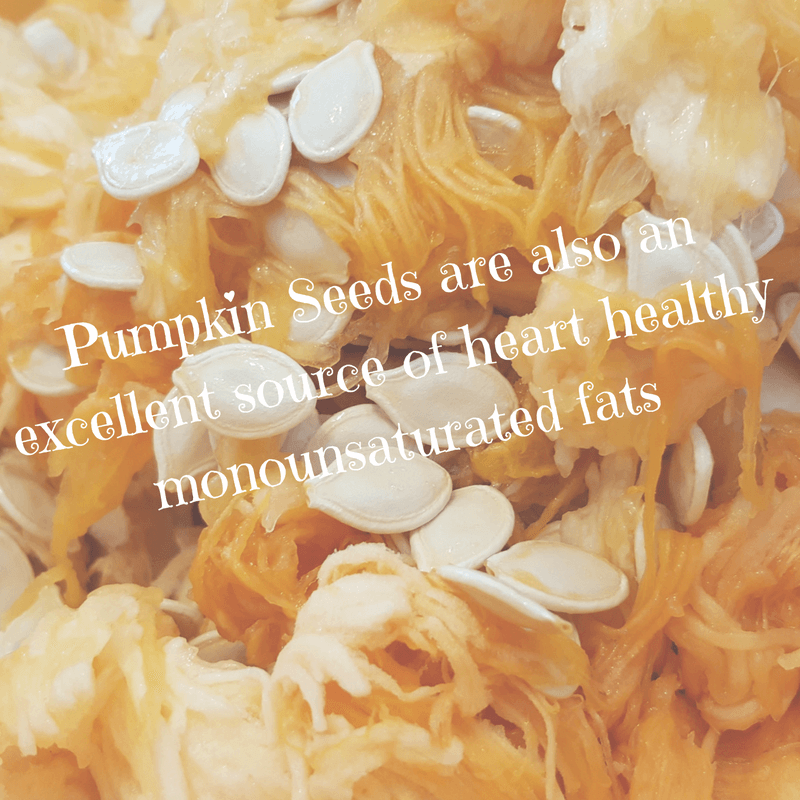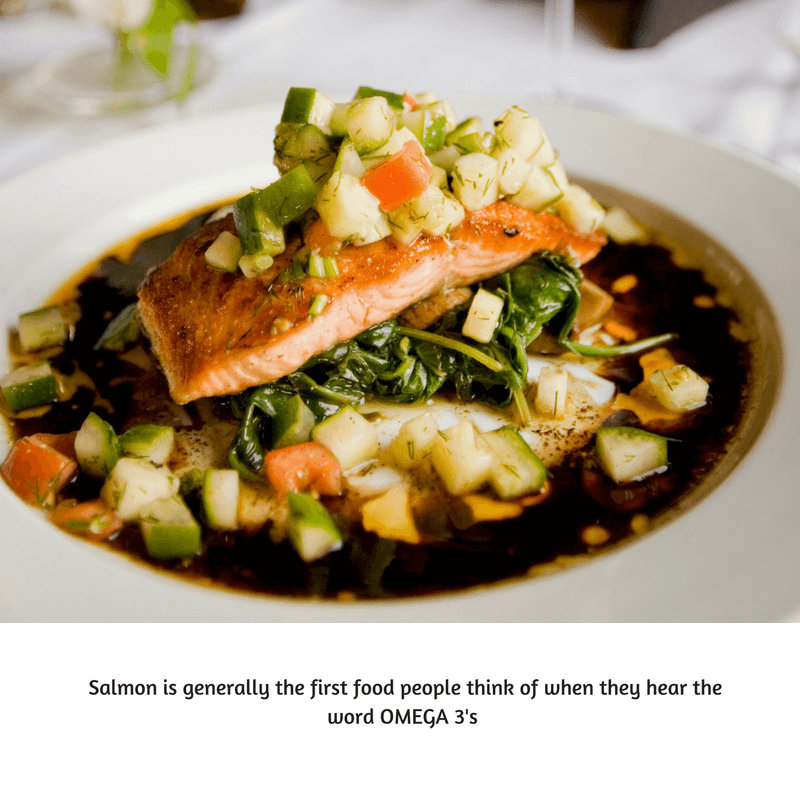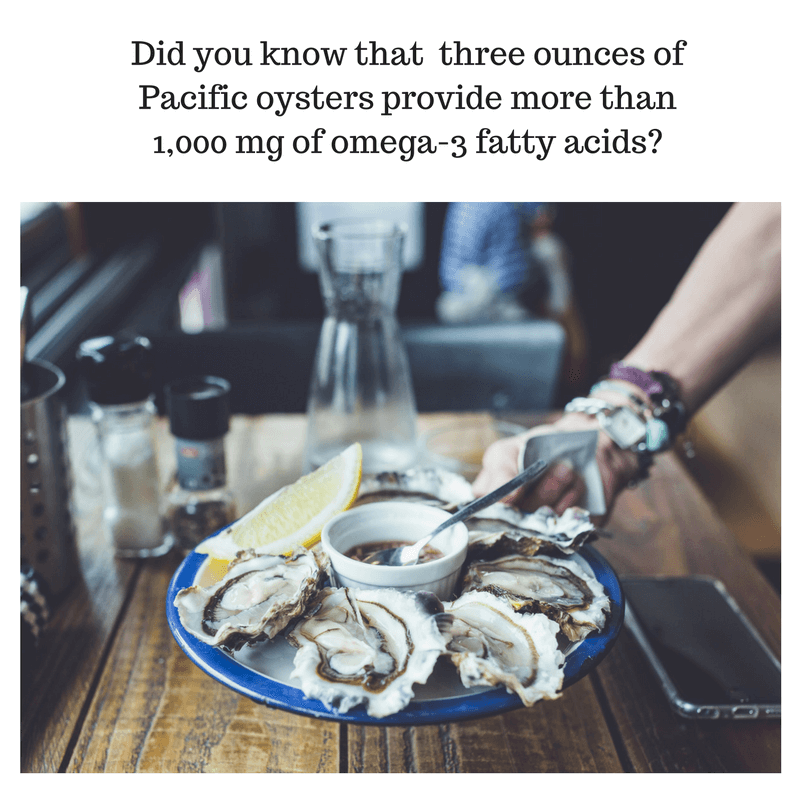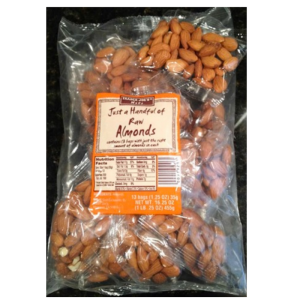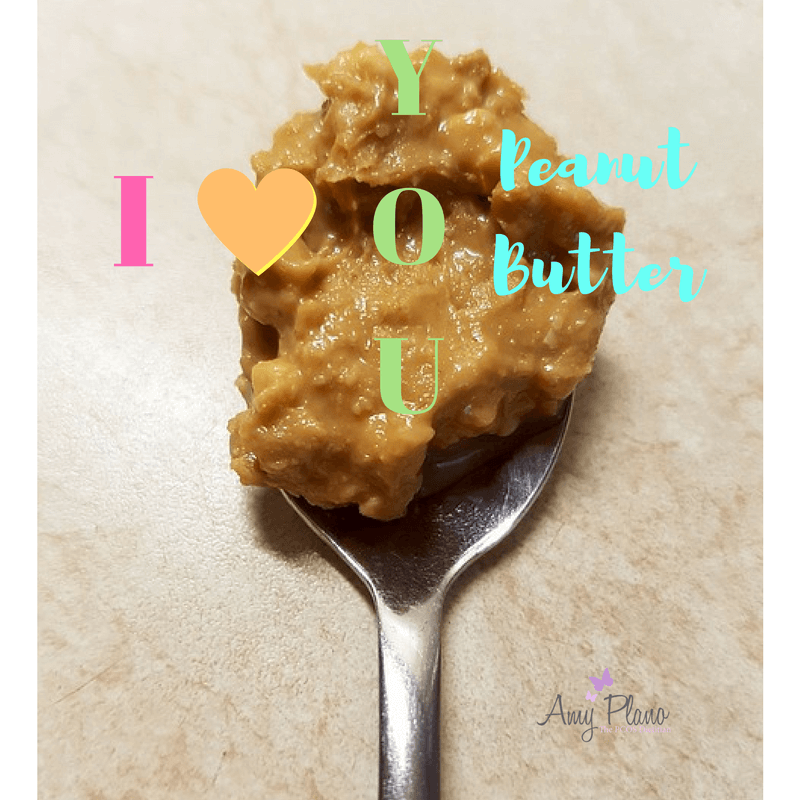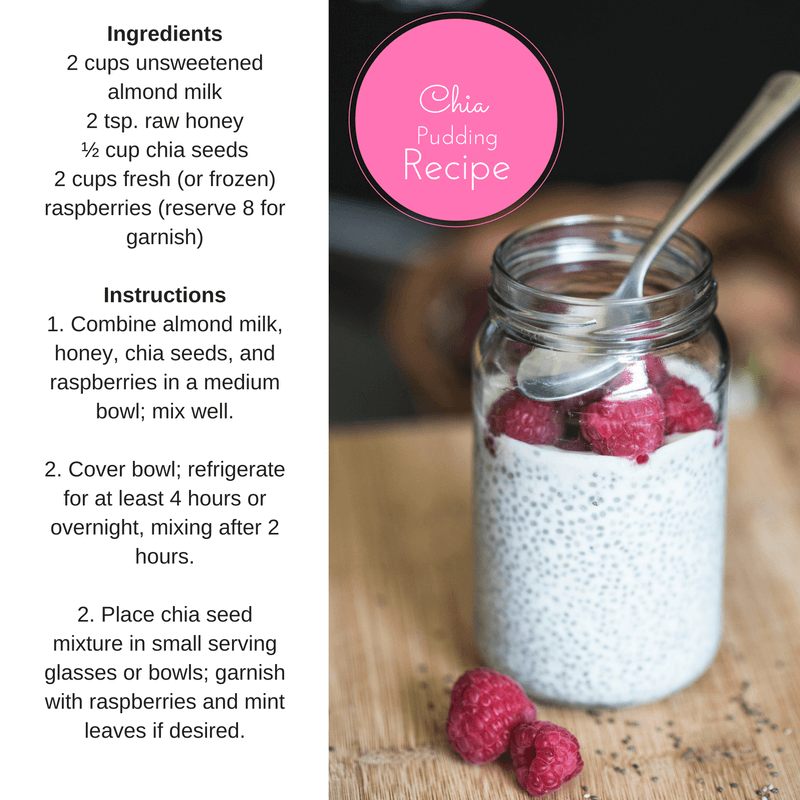PCOS Friendly Fats
Did you know that there was such a thing as PCOS friendly fats? Well, if you didn’t thank goodness you landed on my page! I am so happy to have YOU!
There is no denying that fat should be an integral part of any women’s diet. But this is especially true for the diets of women with PCOS. For these amazing women, eating fat (and the right type!) is actual critical to their overall health. There are SO many ways dietary fats are beneficial. Where the heck do I even begin!?!
Number one, they give your body with energy to support cell growth. They also help protect your organs and help keep your body warm. Fats also help your body absorb vitamins, mineral and important nutrients. They also form the backbone of your sex hormones. This last part is especially important, as we know PCOS is a disorder marked by imbalances in hormones. If women don’t take in enough fat then they don’t have the natural resources to correct these imbalances.
Not to mention – fats made us feel FULL! And who does not want to feel full? Fats are such an important part of our diet – yet many women with PCOS tend to shy away from them. And the plot thickens ….
Did you know that women with PCOS are twice as likely to suffer from atherosclerosis than women without syndrome? Yup. This is because many women with PCOS, by nature of the disorder, have several inherent risk factors for heart disease. Many women with PCOS present with central adiposity (excess weight in the belly area), high blood pressure, high triglycerides and low ‘good’ cholesterol levels. All of these risks significantly raise their risk heart disease and stroke.
SO I know what you are probably thinking …
The simple answer – “Absolutely!” But fret not, the PCOS dietitian is here to give you the skinny on the best types of fats to include in your diet. But I will warn you – the explanation is anything but simple. You see, it critical to note that not all fats are created equal. Some are better for us than others. But even saying that is oversimplifying fats. The quality of fats are dictated by where they come from, how they are processed, raised or prepared as well as additives or preservatives it may contain. All these variables come into play when we considering whether a fat “good” for us or not. In future blogs we tackle the types of fats you should avoid – but onward to the good stuff!
PCOS Friendly Fats
Monounsaturated fats (MUFAs)
Let me count the ways I love monounsaturated fats (MUFAs)! MUFA’s can have a beneficial effect on your heart by optimizing your cholesterol levels. One of the ways that MUFAs do this is that they help lower the “bad” types of cholesterol (LDL) in the blood and while increasing the “good” (HDL) kind.
Tip: When trying to figure out the two cholesterol levels remember it this way: LDL is your lousy cholesterol and you want this level LOW, while HDL is the healthy cholesterol and you want these levels HIGH.
By optimizing these two values you can lower your risk of heart disease and stroke. Furthermore, research supports that MUFAs may also benefit insulin levels and blood sugar control, which can be especially helpful for women with PCOS. Trifecta! Talk about being a PCOS friendly fat! Monounsaturated fats also offer nutrients to help with cell development and provide a good source of vitamin E in the diet. Where can you get your hands on these lovelys? The PCOS Dietitian would not leave you hanging!
Examples of Monounsaturated fats
Foods high in healthy MUFAs include: olives, extra virgin olive oil, cold-processed sesame oil, avocados, peanut butter, and many nuts (almonds, peanuts, macadamia, hazel, pecan and cashew) and seeds (sesame & pumpkin)
But when speaking of the good – there is always an exception to the rule – Refined Monounsaturated Fats
Canola oil, peanut oil and safflower oil are also monounsaturated fats. However, they are what I would consider modern refined processed oils. The majority of these crops are grown from genetically modified seeds. The oils are treated with high heat and toxic solvents. The processing increases the shelf life of the oils and removes most of the natural flavoring, making them more attractive for the industrial food industry. Please limit your intake of these types of oils as much as possible.
Buying tip: Most olive oils are actually blends of several oils including vegetable oils. Therefore, when buying olive oil look for the California Olive Oil Council (COOC) logo. For Italian olive oils look for (DOP), Spanish (DO) and ones from France (AOC) to make sure it is authentic.
How Much Do You Need of Monounsaturated Fats?
No need to go krazy! All fats, including monounsaturated fats, are high in calories, so use MUFAs only relative to your personalized daily fat requirements. Consume MUFA-rich foods instead of other fatty foods, NOT in addition to them! The goal for your overall fat intake should be around 25-35 % of your total calories. Monounsaturated and polyunsaturated should make up the bulk of this.
Polyunsaturated fats (PUFAs)
Well, I have to say, I have just as much love for PUFAs as I do for MUFAs. When you pour your favorite cooking oil into a pan, there’s a good chance you’re using a polyunsaturated fat. Polyunsaturated fats are used to build cell membranes and line the covering of nerves. They are needed for blood clotting, muscle movement, and for controlling inflammation. Studies support that eating polyunsaturated fats in place of saturated fats or highly refined carbohydrates reduces harmful LDL cholesterol and has a positive effect on the cholesterol profile. They can also help lower triglycerides.
Examples of Polyunsaturated fats
Examples of foods high in polyunsaturated fats include: walnuts, sunflower seeds, organic tofu, soybeans, and fatty fish such as salmon, mackerel, herring, and trout.
Note – just like the monounsaturated oils – canola, safflower and peanut oil – soybean oil, corn oil, sunflower oil also fall under the same ill as those modernized processed oils. They too are highly processed oils that go through an insane amount of processing with chemical solvents, steamers, neutralizers, de-waxers, bleach and deodorizers before they end up in the bottle. So please, when possible reduce their use in your cooking and limit your general consumption of foods that contain them.
Omega 3 Fatty Acids – Superstars
But on a much more positive note, I bet you have heard of the superstar Omega 3 fatty acids! Omega 3 fatty acids are essential fats the body cannot produce. Therefore, we need to consume these guys in the diet.
Did you know that there are three different types of omega 3 fatty acids? The three types are DHA, EPA & AHA. DHA and EPA are the preferrable form and are found in foods like cold-water fish and algae. While ALA is found more in plant foods such as nuts and seeds, as well as in grass-fed beef.
The Benefits of Omega 3 Fatty Acids
The benefits of omega 3 fatty acids are seemingly endless! When consumed in right amounts they are known to help with everything from promoting a healthy pregnancy, to decreasing the risks for depression, dementia and even memory loss. Inflammation in the body can damage your blood vessels and lead to heart disease and stroke. Omega-3 fatty acids may decrease triglycerides, lower blood pressure slightly, reduce blood clotting, decrease stroke and heart failure risk and reduce irregular heartbeats. Not too shabby, right?
Examples of Foods Containing Omega 3 Fatty Acids
Foods that are high in omega 3’s include salmon (wild caught & sockeye), herring, mackerel, anchovies, oysters, sardines, pole & line caught tuna and lake trout. Vegetarian sources include algae (seaweed) walnuts and flax.
Buying tip: Polyunsaturated fats are much more vulnerable than monounsaturated fats. PUFAs are sensitive to light, air and sunlight. Therefore, keep foods high in PUFA’s away from direct light and when permissive keep in the refrigerator to prevent them from going rancid.
How Much Do You Need of Polyunsaturated Fats?
As important as PUFAs are there is no set requirement. However, the American Heart Association recommends eating at least 6 ounces of cold-water fish twice per week. If you do not like fish or feel like you are falling short on your intake, you may want to talk to your physician about a supplement. It’s especially important to consult your health care provider if you are pregnant or breastfeeding, if you take medicine that affects blood clotting, if you are allergic to seafood, or if you are considering giving a child an omega-3 supplement.
Still stumped on how to get more PCOS friendly fats in your diet? Let the PCOS Dietitian give you some fun and fresh ideas.
Five Ways to Incorporate More PCOS Friendly Fats Into Your Diet
1. Go nuts!
Snack on nuts instead of salty, carb-laden pretzels and chips. Nuts are a great source of heart healthy fats, super tasty and even come in single serving bags. Just make sure to keep your serving to around ¼ cup which equals around 180 calories, 14 grams of fat (almost all mono & polyunsaturated!), 6 grams of protein and 6 grams of carbohydrates.
Tip: Trader Joes sells pre-portioned almonds and cashews called ‘Just a Handful of Almonds.” If you are looking for something with a bit more spice and kick the Emerald brand sells 100-calorie packs of flavored cashews, almonds and walnuts. The flavors range from Siracha, to jalapeño to chocolate and cinnamon. These are great to throw in your car, desk drawer or car. They travel extremely well.
2. Become Sandwich Savvy
Replace your cheese and/or mayonnaise on your sandwich with sliced avocado or even guacamole. This quick little swap decreases your intake of unhealthy fats while boosting your intake of monounsaturated fats. It also adds a whole new dimension to your ho-hum lunch!
Tip: It seems like it always so hard to get avocados ‘just right.’ They always seem to be too hard or too ripe. Just a quick tip if they are green and unripe is to put them in a brown bag (just like you would other fruits!) and that will speed the ripening process. On the flip side, if you have an avocado on the counter that looks perfect – but you are not ready to use it – throw it in the fridge. This will halt the ripening process.
3. Nut Butters
Nut butters – need I say more?!? I sometimes wish nut butters were a food group. If they were I would be SO in love!
Nowadays you can get almost every nut in spreadable form. Gone are the days when you could just get peanut butter. Now you can get cashew, almond, and hazelnut butters and my personal favorite – sunflower seed butter! Spread any of these heart healthy butters on celery, apples, bananas or even swirl into your morning oatmeal. But just like any fat be mindful that each tablespoon of nut butter packs a whopping 100 calories and 6 grams of fat. Yes, it is healthy fat – but next thing you know that “little” bit of peanut turned into half the jar. Sounds familiar?
Tip: When buying peanut butter always go organic! The crops are heavily sprayed and no one needs all those chemicals in their body. Also brands such a Skippy & Jiff (unless they state they are “natural”) contain hydrogenated fats – so don’t touch those bad boys with a ten-foot pole.
4. Cha-Cha-Cha-Chia
Discover the magic of chia seeds. Chia seeds are loaded with fiber, calcium, antioxidants and Omega 3’s. They are a true super food. You can pretty much buy them in any grocery store including the obvious ones like Trader Joes and Whole Foods. A small bag goes for around $6 – $8 depending upon the brand. A small bag supplies well over 40 servings!
You can sprinkle on your yogurt, blend into your smoothies or make some killer chia pudding! See my recipe below for this tasty treat.
Tip: Remember what we said about polyunsaturated fats like Omega 3’s? They are vulnerable to oxidation. Storing them in the refrigerator will extend their shelf life. However, most chia seeds come in special vacuum-sealed packaging. These packages can be stored at room temperature until they are opened. Once opened, throw the whole bag in the fridge to maintain their freshness.
5. Make your own salad dressings
Making your own salad dressing is SO easy! Once you start doing this – you will be ashamed you ever bought the crap in a bottle. Plus, it a terrific way to get your PCOS friendly fats in AND your greens.
I urge you experiment with different types of oils when making your dressings. Have you tried avocado oil? It is a super mild oil that blends nicely with various vinegars, acids such as lemon and lime. How about walnut oil? It pairs awesome with balsamic and maple syrup. Check out the recipes below. You can always tweak the ingredients to suit your palate!
Avocado Vinaigrette
Ingredients:
3 tablespoon Avocado Oil
1 tablespoon Apple Cider Vinegar
1/2 clove Garlic, grated or crushed
Zest of 1/2 Lemon
1/4 teaspoon salt
1/4 teaspoon back pepper
For the Vinaigrette:
Whisk all ingredients in a small bowl. Top off your favorite bowl of salad greens!
Lighten-Up Lemon Walnut Salad Dressing
Ingredients:
1/4 cup red wine vinegar
2 tablespoons minced shallots (onions will work, too!)
2 tablespoons walnut oil
1 tablespoons REAL maple syrup (you can adjust up or down depending upon how sweet you like it!)
1 tablespoon fresh lemon juice
1/2 teaspoon salt
1/4 teaspoon freshly ground black pepper
Preparation
Combine all ingredients, stirring with a whisk. Store in refrigerator for up to 1 week. A mason jar is a great storage vehicle.
Phew that was a lot of info! Hopefully I have convinced you of all the awesome benefits of including PCOS friendly fats in your diet. Rather than shy away from, you know have the important tools to make the most educated decisions when it comes to which fats to choose to support your PCOS. But as always I would love to hear your thoughts. What are some of your favorite MUFAs and PUFAs? What are your strategies for fitting them in your diet? Tell us in the comments below!
